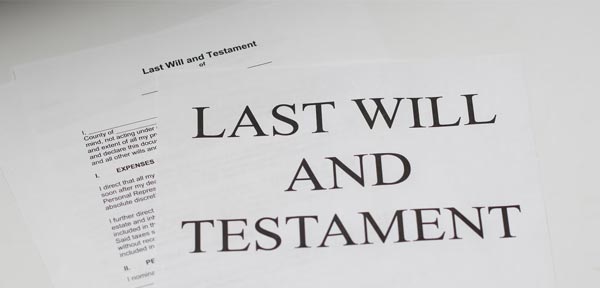
A last will is a legal document that allows you to control what happens to your estate (money, property, and personal items) after your death. In a will, you appoint an Executor or Personal Representative to carry out your wishes. The Court oversees the Personal Representative’s distribution of the estate assets to your beneficiaries. This process is called Probate.
Most assets can be devised through a Will. However, there are some assets, or types of accounts, that should not be included in your last will:
- Joint tenancy property. This type of property grants ownership to your joint tenant at the time of our deal, automatically and regardless of what your Will says.
- Life Insurance proceeds that have a beneficiary. These proceeds do not have to be devised in your Will, they will automatically payout to the named beneficiary you have previously listed.
- Retirement plan proceeds. These proceeds are paid to a named beneficiary much like insurance proceeds.
- Payable-on-Death (POD) accounts. These accounts have already been designated to a beneficiary and will be transferred or paid to the beneficiary upon your death.
Before leaving any of these assets in your will, give us a call and we can walk you through all of the steps you must take to ensure a proper plan is in place to protect you and your loved ones.





















0 comments